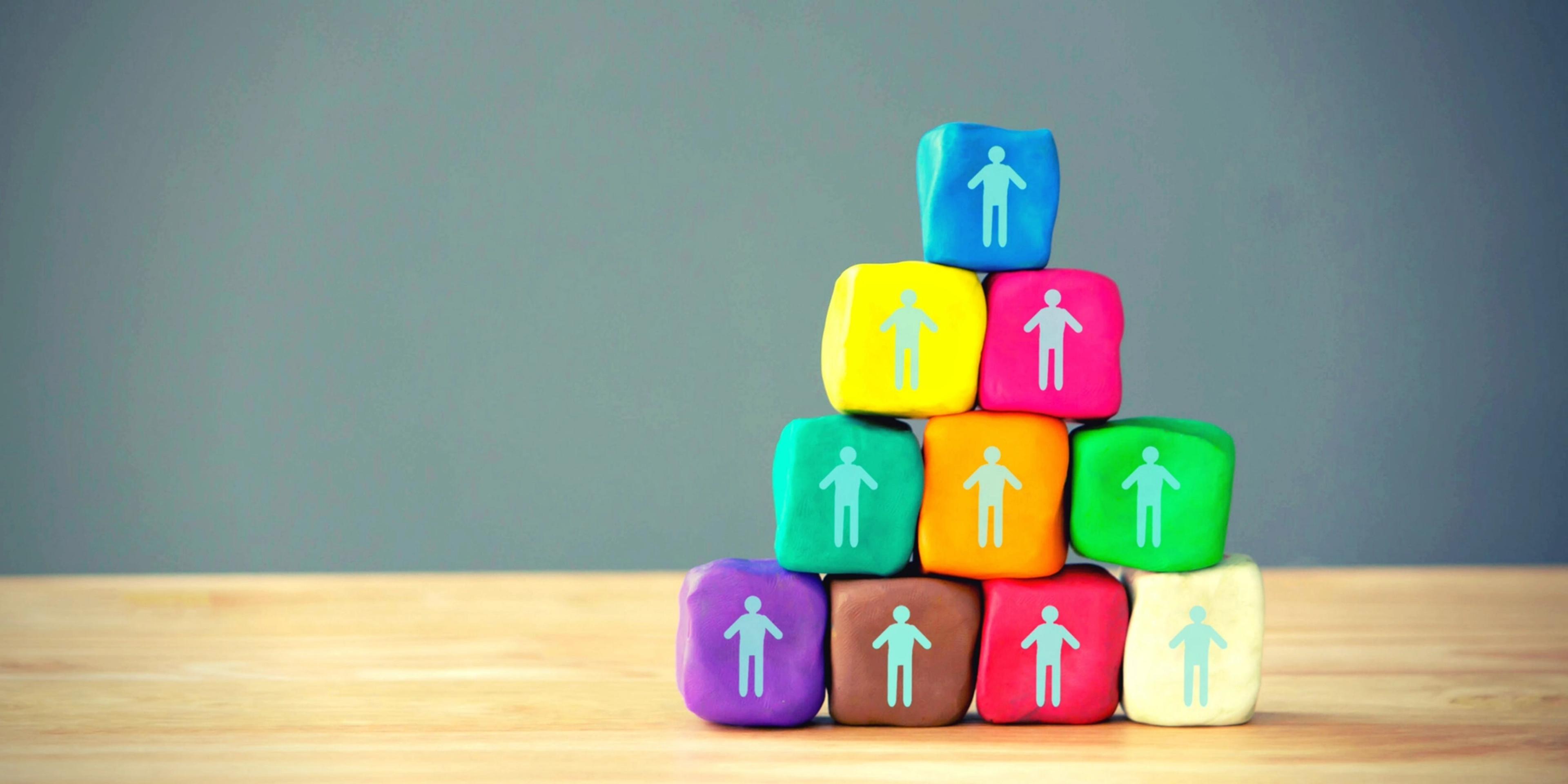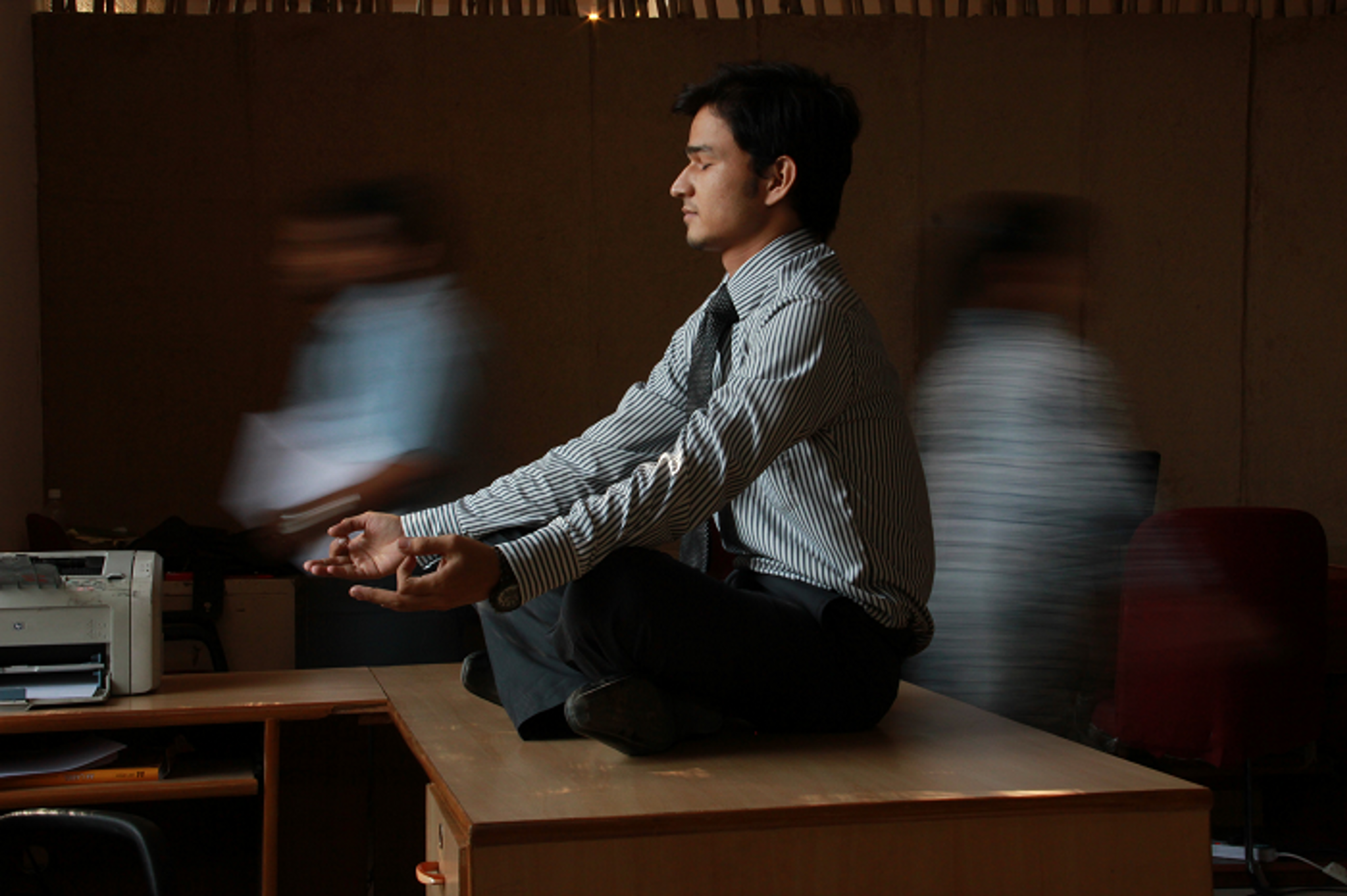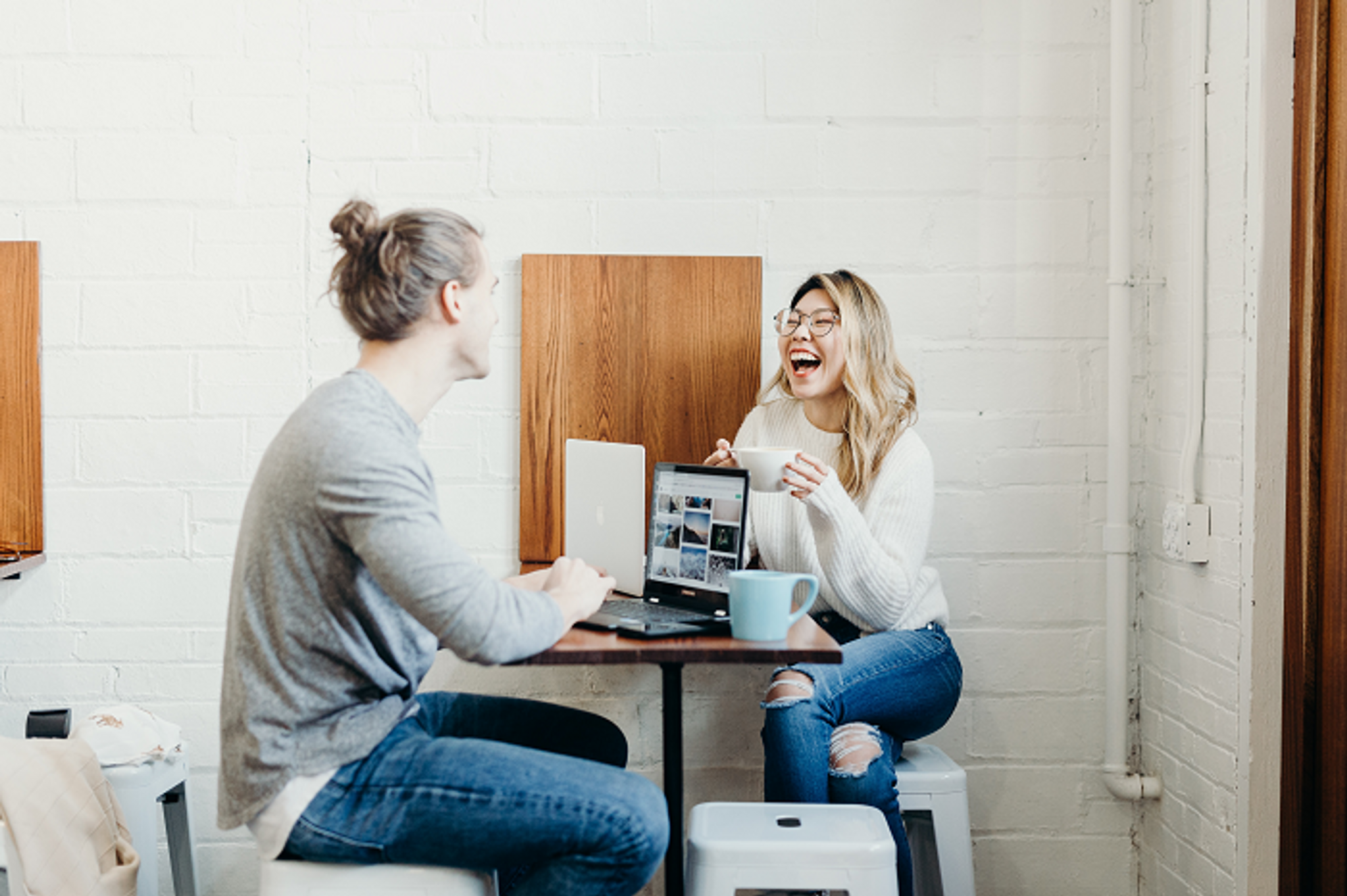
Chief People Officer Forum I The New Science of Stress - Part 2
Let’s pick up where we left off with Dr Alexandra Crosswell. Now that we know what stress does to us, we’ll consider how best to manage it.
The New Science of Stress - Part 2
In part 1, we discussed the ramifications of being in high demand with having the resources to keep you balanced. Our speakers also outlined the physiological impacts of stress and the situations where we can use those impacts to our advantage.
Let’s pick up where we left off with Dr Alexandra Crosswell. Now that we know what stress does to us, we’ll consider how best to manage it.
Safety signalling
When we're in an acute stress state, our body thinks we're under attack. So, it uses much of our energy to put up defences to create a shield of armour so that we're not going to get injured. The opposite of feeling under threat or under attack is feeling relaxed. One of the answers to dealing with heightened levels of stress is in “safety signalling”. That’s when your conscious behaviour indicates there’s nothing in the immediate environment to be threatened by.
However, we haven’t created places outside of our homes in which we feel safe because we're always having to present or perform in some way. The answer to this epidemic of chronic acute stress is creating methods or exercises to feel safe.
The sympathetic and parasympathetic nervous system, which monitors stress, is one of the fastest-acting systems in your entire body; it's not like digestion or even like breathing. Your sympathetic and parasympathetic nervous system looks in milliseconds for signals of whether you’re safe or under stress.
When we do signal safety, we’re giving our bodies a chance to rest. As a paper - that's under review right now - suggests, that restful state is when cellular level healing occurs because our bodies can finally put that energy from the mitochondria into healing any repairs or damage. That process is secondary to fighting for survival. Therefore, finding and creating these moments of safety in your daily life are essential.
Everybody is stressed!
In this community, we all know stress is a significant issue and that we're all dealing with so many of the same overlapping things. It’s so important to remember that it's not you, you're not the problem here, nor is the way we handle stress. Lots of wellness programmes try to reduce job stress by telling everybody to meditate and that’s it. Putting the onus on the individual is not the right approach - the problem is at the societal level and the demands are too great. This is where we are as humans, living in an untenable world.
So, how do we help our bodies recover and have time to rejuvenate so that we can handle the demands placed on us? In addition to that, hopefully try to change these systems at large. We do that by creating more of these moments of safety in our daily lives.

Hacking your own behaviour
I’d love to meditate every day, except somehow when I wake up in the morning, I just don't do it. Many of us have these great intentions of starting a new wellness habit and it just doesn’t stick. Maybe you do it three days in a row and on the fourth day, it's out the window. That’s because we're not using behavioural science to hack our own behaviour.
Essentially, you have to trick your brain. We can do so by developing “micro habits''. The biggest mistake many of us make is trying to make big changes all too quickly. For example, “I'm going to start running three days a week for an hour from 5am to 6am”. That represents a huge change in my daily rhythm and it's over complicated. If you’re struggling to change your behaviour, you could instead start by creating a micro habit: an action that’s small but powerful, similar to buckling in your seatbelt.
Safety signalling is all about the small micro habits that have a big impact. The fastest way to signal safety is through breathing – deep, long inhales and exhales. That's the fastest way to activate your parasympathetic nervous system. So, when you're buckling in that seatbelt try taking one long inhale. That way, you're attaching a new micro action to an existing stimulus. It could even be every time you open the refrigerator to get some milk for your tea or coffee. Take a deep breath or try another safety signal. Stop and think about something you're grateful for - perhaps take a few seconds to savour your beautiful kitchen.
Another method is having a partner to destress with, which is called “social support”. If you’re going to run once a week and you create that new ritual, you’re roughly sixty times more likely to do it consistently if somebody's going to run with you. Why? Well, because you've incorporated an element of accountability. Even if you want to start taking a break from your computer by having lunch outside, choose someone to eat with you or give someone a call. Something like that will bring in an element of accountability and that way, you’re more likely to stick to your new habits.

Once again, Reeva and Alexandra - thank you so much for generously sharing your insights, time, and wisdom with us. I can’t wait to put these techniques into practice!
Our speakers
Dr Alexandra Crosswell, is an assistant professor in the department of psychiatry and behavioural science at the medical school of University of California in San Francisco. As an expert in psychological stress Alexandra’s research focuses on the biological mechanisms linking stress to physical health and what we can do to combat the negative biological effects that toxic stress can provide which I think we all know is something we all struggle with.
Reeva Misra is the Founder and CEO of Walking on Earth. A platform on a mission to elevate human happiness. You can imagine why I love what they are doing. Reeva has had an incredible background working for a multitude of tech start-ups and scaleups across AI, big data, education, and health. Most recently, she was VP Strategy at Benevolent AI.
Host
Sim Lamb is a Partner at Founders Keepers and the facilitator of the FK CPO Forum, a diverse global community for world-leading executive people leaders. If you would like to join the CPO forum or learn more, please contact Sim on sim@founderskeepers.co or +44 7415 146 917.
Are you a people leader open to exploring new opportunities? If so, we have a few open roles that will delight you. Contact us here and we will be in touch soon.
